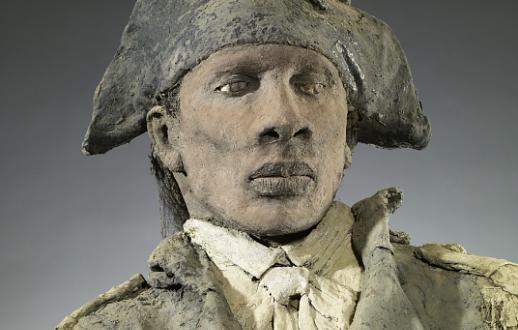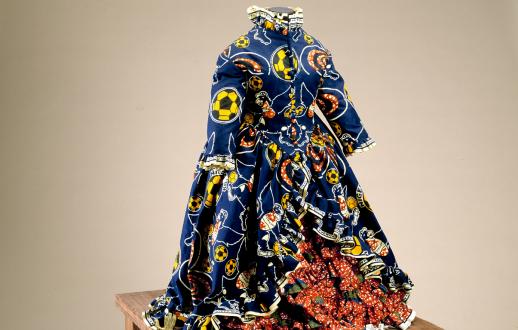Our Pillars
Race Beyond the U.S.
This pillar acknowledges the global realities of racism and seeks to learn from international efforts toward truth and reconciliation.

Racial terminologies may change in different national contexts, but racism exists globally. The concurrent and intertwined pandemics of COVID-19 and racism demand that we, as an international community, learn how to move forward together.
3D Digital Collections
Museum objects have stories to tell to help us learn more about the complicated history and legacy of race and racism. Learn how to view each object's story with the Voyager 3D viewer.
View moreBibliography
Adwoa Bagalin, Colourism: How skin-tone bias affects racial equality at work, World Economic Forum, Aug 2020.
Colourism: How skin-tone bias affects racial equality at work
George Floyd Protest Map, Wikimedia Maps.
Global George Floyd Protest Map
Minnesota Population Center. Integrated Public Use Microdata Series, International: Version 7.3 [dataset], 2020.
World Population Census Forms, 1955-Present
Skin Lighteners: A Global Strategic Business Report, Strategy RX, Oct 2022.


